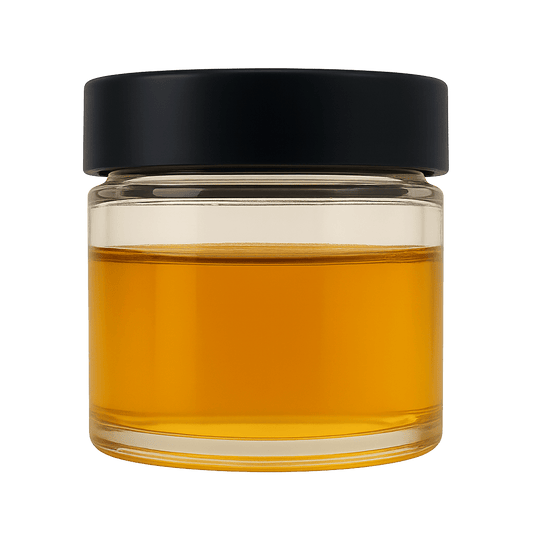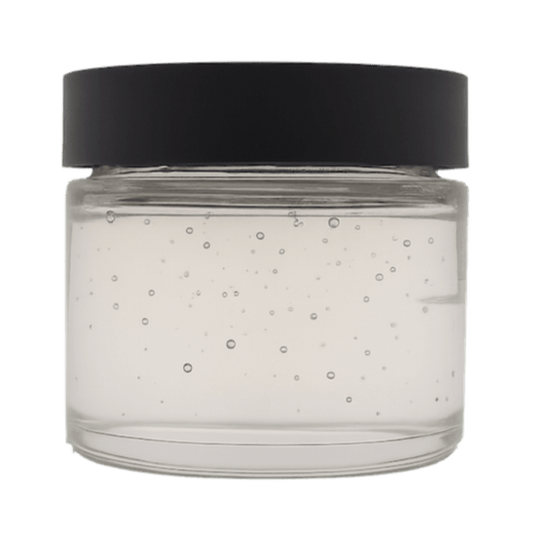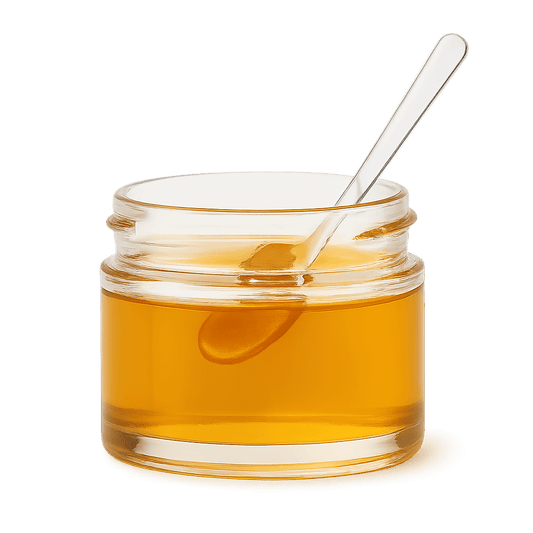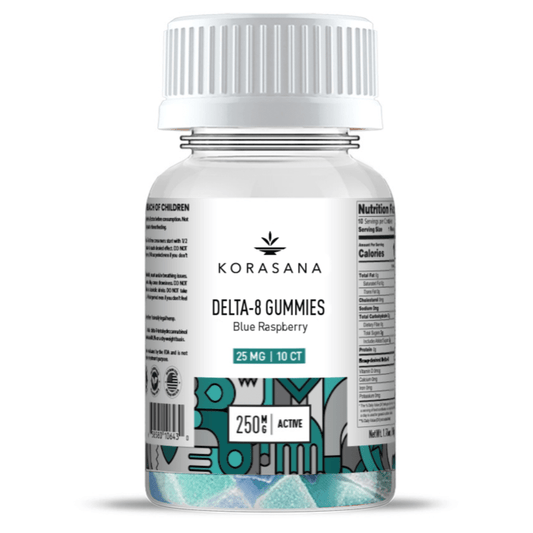Is Delta 8 THC Legal in Pennsylvania?
YES - Delta 8 THC is Legal in Pennsylvania
Delta 8 THC is legal in Pennsylvania. It is important to note that the legality is based on the substance being derived from hemp and containing no more than 0.3% Delta 9 THC, in alignment with the 2018 Farm Bill and Pennsylvania state laws. This legislation allows for the purchase, production, distribution, and marketing of Delta 8 products that meet these criteria. However, it's essential to stay updated on local laws and regulations, as legal statuses can evolve.
Legal Status of Delta 8 in Pennsylvania
The information provided on this website does not, and is not intended to, constitute legal advice or any statements regarding the status of any laws. The information, content, and materials present on this site are for general informational purposes only and should not be relied upon for any specific purpose. Laws vary across different states and are subject to change. Therefore, information on this website might not reflect the most recent legal or other developments. Read our full legal disclaimer HERE.






